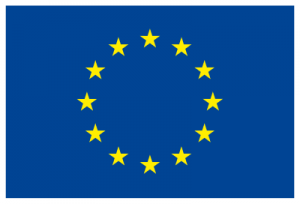At its most mundane, the verb ‘belonging’ describes the quality of fitting in, or being a member of a particular group, including family, friends, or community. In recent years the concept has, within a broader framework of the politics of belonging, been increasingly associated with concepts such as identity, recognition, (social) inclusion or (social) exclusion, especially in relationship to ideas about citizenship. The question of what groups can be regarded as belonging to Europe, for example, has become more salient and contested in recent years. In this sense the concept of ‘belonging’ describes a struggle to become part of a group, where the decision to include or exclude rests with an authority more powerful than the individuals who desire inclusion or recognition. It is within this framework that the concept of belonging is relevant for the Cultural Heritage domain. In this stance, Cultural Heritage becomes one of many factors upon which notions of inclusion or exclusion – essentially, questions of belonging – are negotiated and contested, especially under the authority represented by the political community of the nation state or the region.

This project has received funding from the European Union’s Seventh Framework Programme for research, technological development and demonstration under grant agreement n° 612789.
